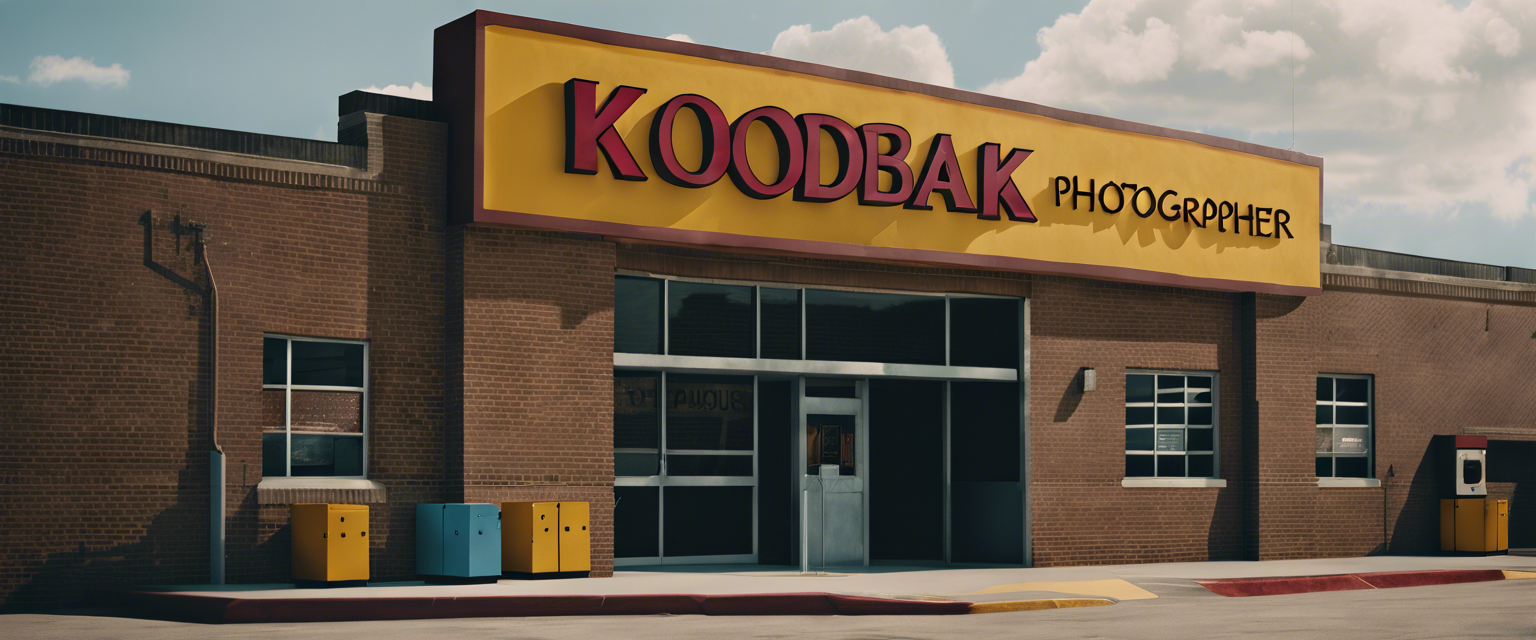Australia's New Social Media Law for Children Under 16: What You Need to Know
In a significant move to safeguard the mental health of children, Australia has officially implemented a ban on social media usage by children under the age of 16. This legislation, passed by Australian lawmakers on Thursday, aims to create a safer online environment for the younger population, despite facing criticism from tech giants claiming the rules are unworkable.
The Legislation and Its Implications
The new law is set to take effect in 12 months, allowing social media companies adequate time to comply with the requirements. Key points of the law require these platforms to take
"reasonable steps to prevent children who have not reached a minimum age from having accounts." This places the onus of responsibility entirely on the platform providers, while offending children and their parents will not face any penalties.
Government's Position
Prime Minister Anthony Albanese highlighted the government's commitment to protecting children's childhoods, emphasizing that they are on the side of parents in this venture. He believes that while some children might attempt to bypass these restrictions, the legislation sends a clear message to social media companies to enhance their practices.
Platforms Affected
While specific platforms are not explicitly named in the legislation, it is expected that major social media sites such as Facebook, Instagram, Snapchat, and TikTok will fall under its jurisdiction. Notably, platforms like YouTube and messaging services such as WhatsApp will be exempt from these restrictions.
Punishments for Non-compliance
The law stipulates severe fines for tech companies that fail to enforce the new age restrictions, with penalties reaching up to $50 million AUS (approximately $32.4 million US). However, users will not be required to upload government-issued IDs for age verification, raising questions on the practicality of enforcement.
Public Support and Reactions
Recent surveys, like one conducted by YouGov, reveal that around 77 percent of Australians are in favor of these protective measures. Comparisons are being drawn to similar proposals being deliberated in countries like Norway and regions like Florida, where legislative efforts face challenges over free speech concerns.
Tech Industry Response
Meta, the parent company of Facebook and Instagram, has openly criticized the bill, expressing that it is "inconsistent and ineffective." The company has urged the Australian government to postpone the legislation, emphasizing their concerns over the unclear parameters regarding reasonable steps for enforcement. Elon Musk, the owner of X, also expressed his disapproval, suggesting that the law appears to be a covert attempt to control internet access for Australians.
What This Means for the Future
The introduction of this law marks a pivotal shift in how social media companies must operate in relation to younger audiences. It appears that Australia is taking a proactive stance in ensuring the safety and well-being of children online, and other regions may follow suit as they navigate the balance between user protection, corporate responsibility, and freedom of speech.
Overall, Australia's social media ban for children under 16 represents a landmark decision that could potentially reshape the landscape of social media regulations worldwide.



Залишити коментар
Усі коментарі модеруються перед публікацією.
This site is protected by hCaptcha and the hCaptcha Privacy Policy and Terms of Service apply.